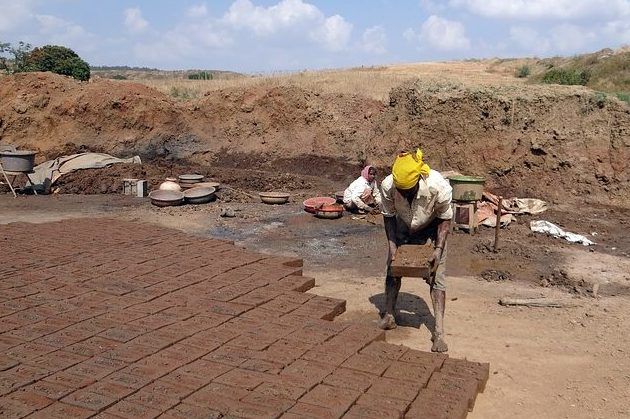The minister of women and children in India announced the draft of its first comprehensive law against trafficking. The law will treat those who survive as victims who need help and protection in stead of criminals…
According to the U.N. Office for Drugs and Crime, the region of South Asia, including India, is now the fastest-growing area for human trafficking on earth. And it is second in size only to East Asia. Though there are no accurate numbers, activists think that thousands–mostly women and children–are trafficked both from within India as well as from Nepal and Bangladesh.
And forced marriage and bonded labor continue to plague the the population. Maneka Gandhi is the women’s minister. She says the bill aims to unify existing anti-trafficking laws, prioritise survivors’ needs, and prevent victims such as those found in brothel raids from being arrested and jailed like traffickers. “The bill shows far more compassion and makes a very clear distinction between the trafficked and the trafficker, which is a nuance that should have been made 60 years ago.”
The draft legislation provides for special courts to expedite trafficking cases, more shelters and a rehabilitation fund to help victims rebuild their lives. It also provides for anti-trafficking committees – at district, state and central levels – that will oversee prevention, protection and victim rehabilitation. According to the National Crime Records Bureau, there were 5,466 human trafficking cases registered in 2014, an increase of 90 percent over the past five years, though activists say this is a gross underestimate.
There are thousands of poor and rural women and children who are lured away from their homes every year by traffickers who promise better opportunity. When they arrive at their destination, they are sold into domestic or sex jobs. They are often not paid or held in debt bondage.
After accepting suggestions, the bill could come bef0re parliament by the end of the year.
(Reporting by Nita Bhalla)
To read the entire article about this first comprehensive Indian law against slavery, click on the link below.







Freedom United is interested in hearing from our community and welcomes relevant, informed comments, advice, and insights that advance the conversation around our campaigns and advocacy. We value inclusivity and respect within our community. To be approved, your comments should be civil.